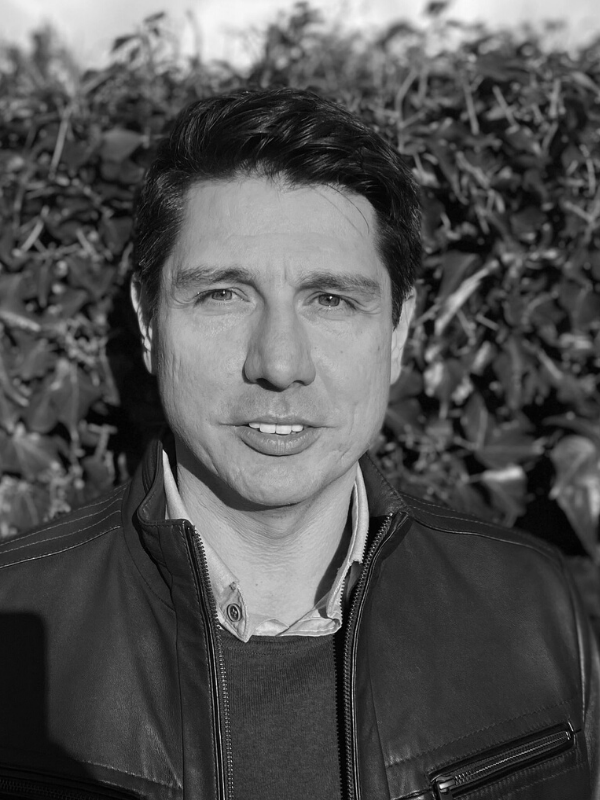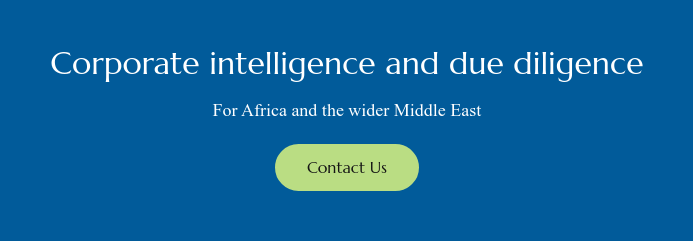International buyers and real estate in Turkey: a pressure cooker
Read moreTurkish TV drama, and other conversation starters
Studying the Middle East as a Turkish researcher is no easy task. There are the practical challenges of conducting fieldwork in the region – navigating visa restrictions that are often subject to the political relations between Turkey and the various countries in the region at the time. Middle Eastern languages are also difficult to learn for Turkish speakers; not only are their structures very different from that of our language, but language schools – particularly those for Arabic and Persian – are highly politicised spaces in Turkey. Even talking to people about the region is not straightforward; such conversations almost always devolve to sensitive topics such as Turkish foreign policy in the Middle East or Islam.
More recently a new challenge has emerged, only adding to all these difficulties: the obligation to talk about Turkish TV series. Nearly everyone from the region, as soon as they discover that you come from Turkey will want to talk to you about them, and they are easily offended if you say that you aren’t a big follower of those shows (which I am not). It’s like you don’t take them seriously. As a long-time academic and recent convert to the business intelligence sector, I felt I should examine this phenomenon more closely – at least for professional reasons.
Export success
Turkish TV series (or dizi) currently represent Turkey’s most successful export industry and have had a huge following in the Middle East for decades. With their trademark storylines often revolving around a central family, love triangles and heartbroken heroes, these series offer to Middle Eastern audiences a combination of relatable themes but also escapism in a region where such subjects are often still taboo. But the popularity of Turkish TV series is not limited to the Middle East. As of 2020, Turkey had become a major international exporter of TV output, second only to the US. Russia, China, and Latin America are also big consumers. Although the government or the industry do not publish exact figures, it is safe to assume that the TV industry is bringing at least US$400-500 million into the Turkish economy every year.
In Morocco for example the series Beni Affet (“Forgive Me”) has taken the top spot among the most-watched TV series in Morocco for several years. It has been watched by around 9 million viewers daily with a viewing rate of 70.8%. Moreover, Turkish TV is widely watched not only on free channels but also on paid TV channels. In addition to Netflix, which now produces a number of its own Turkish TV series, the now-defunct MBC+ Drama, a joint venture between OSN and MBC Group , became one of the most popular platforms for watching Turkish series.
Soft power
Export figures are clearly not the only important point; the broader cultural influence or ‘soft power’ that these shows represent in the Middle East is also critical – even influencing major regional events. There’s a popular anecdote that retells when the clashes in Palestine between Fatah and Hamas were at their peak, a ceasefire was allegedly declared thanks to a Turkish TV series. Daily Palestinian TV was broadcasting Ihlamurlar Altında (“Under the Linden”) at 4pm. In that one-hour broadcast slot of the series, both sides reportedly stopped fighting to watch new episodes. While this may sound like a charming but exaggerated story, the ratings from that period seem to corroborate it.
This broader cultural influence has directly benefited another sector that is key to the Turkish economy. Tourism (including health tourism) by visitors from neighbouring countries has increased significantly in recent years with positive knock-on effects for Turkish Airlines, Turkey’s flag carrier, and other tourism-related businesses. Even Turkish businessmen who are active in the Middle East benefit from this popularity. Vestel, a major electronics manufacturer owned by Ahmet Nazif Zorlu, recently launched an advertising campaign featuring a popular actor, Kıvanç Tatlıtuğ, sometimes referred to as the “Halal Brad Pitt”, to reach out to consumers in the Middle East.
Not all developments are positive, of course, and cultural ties are often the first to be strained in times of diplomatic tension. After the 2013 coup d’état in Egypt, several Egyptian channels launched a boycott of Turkish media in protest at Recep Tayyip Erdoğan’s criticisms of the Egyptian military. On another occasion, the conflict between Turkey and Saudi Arabia over Qatar resulted in the international reach of Turkish TV being significantly curtailed. At one point the MBC Group media conglomerate, owned by the Saudi government, stopped broadcasting popular Turkish TV series altogether.
Although relations between these two states remain tense, the popularity of Turkish TV series is unlikely to diminish in the near future. So my advice to anyone interested in the region, whether from an academic or business perspective, is to embrace a piece of Turkish drama culture. Whether it is melodrama, adventure, or sci-fi, just pick one and start watching. You never know when you might need a conversation starter...
Dr. Agah Hazir has recently joined our team of business analysts and is responsible for Diligencia’s Turkey coverage. With a background in academia and a PhD in International Relations, Agah has worked extensively in the public and private sectors in Turkey, Iran and the UK.
Over the coming months, we will be expanding our country coverage by adding legal entity data from Turkey to ClarifiedBy. Agah will play an integral part in building our database and supporting our clients with specialist corporate intelligence services including enhanced due diligence, litigation support, asset tracing and official record retrieval.

